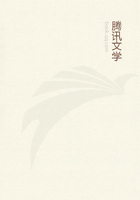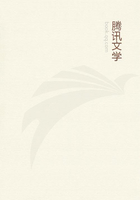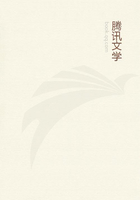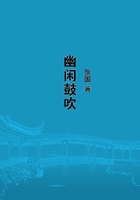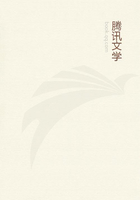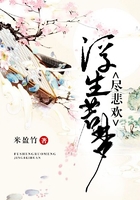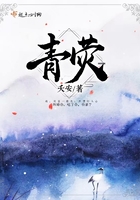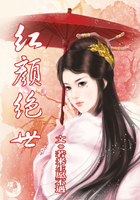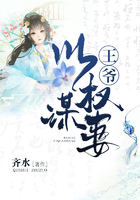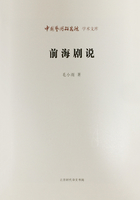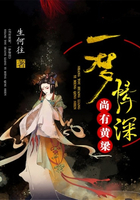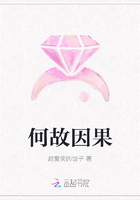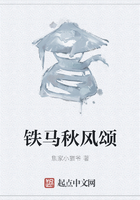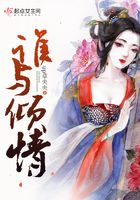Some twenty or thirty years ago, I said to Longfellow that certain statistical tables I had seen went to show that poets were not a long-lived race. He doubted whether there was anything to prove they were particularly short-lived. Soon after this, he handed me a list he had drawn up. I cannot lay my hand upon it at this moment, but I remember that Metastasio was the oldest of them all. He died at the age of eighty-four. I have had some tables made out, which I have every reason to believe are correct so far as they go. From these, it appears that twenty English poets lived to the average age of fifty-six years and a little over. The eight American poets on the list averaged seventy-three and a half, nearly, and they are not all dead yet. The list including Greek, Latin, Italian, and German poets, with American and English, gave an average of a little over sixty-two years. Our young poets need not be alarmed. They can remember that Bryant lived to be eighty-three years old, that Longfellow reached seventy-five and Halleck seventy-seven, while Whittier is living at the age of nearly eighty-two. Tennyson is still writing at eighty, and Browning reached the age of seventy-seven.
Shall a man who in his younger days has written poetry, or what passed for it, continue to attempt it in his later years? Certainly, if it amuses or interests him, no one would object to his writing in verse as much as he likes. Whether he should continue to write for the public is another question. Poetry is a good deal a matter of heart-beats, and the circulation is more languid in the later period of life. The joints are less supple; the arteries are more or less "ossified." Something like these changes has taken place in the mind. It has lost the flexibility, the plastic docility, which it had in youth and early manhood, when the gristle had but just become hardened into bone. It is the nature of poetry to writhe itself along through the tangled growths of the vocabulary, as a snake winds through the grass, in sinuous, complex, and unexpected curves, which crack every joint that is not supple as india-rubber.
I had a poem that I wanted to print just here. But after what I have this moment said, I hesitated, thinking that I might provoke the obvious remark that I exemplified the unfitness of which I had been speaking. I remembered the advice I had given to a poetical aspirant not long since, which I think deserves a paragraph to itself.
My friend, I said, I hope you will not write in verse. When you write in prose you say what you mean. When you write in rhyme you say what you must.
Should I send this poem to the publishers, or not?
"Some said, 'John, print it;' others said, 'Not so.'"
I did not ask "some" or "others." Perhaps I should have thought it best to keep my poem to myself and the few friends for whom it was written. All at once, my daimon--that other Me over whom I button my waistcoat when I button it over my own person--put it into my head to look up the story of Madame Saqui. She was a famous danseuse, who danced Napoleon in and out, and several other dynasties besides. Her last appearance was at the age of seventy-six, which is rather late in life for the tight rope, one of her specialties. Jules Janin mummified her when she died in 1866, at the age of eighty. He spiced her up in his eulogy as if she had been the queen of a modern Pharaoh. His foamy and flowery rhetoric put me into such a state of good-nature that I said, I will print my poem, and let the critical Gil Blas handle it as he did the archbishop's sermon, or would have done, if he had been a writer for the "Salamanca Weekly."
It must be premised that a very beautiful loving cup was presented to me on my recent birthday, by eleven ladies of my acquaintance. This was the most costly and notable of all the many tributes I received, and for which in different forms I expressed my gratitude.
TO THE ELEVEN LADIES WHO PRESENTED ME WITH A SILVER LOVING CUP ON THE TWENTY-NINTH OF AUGUST, M DCCC LXXXIX.
"Who gave this cup?" The secret thou wouldst steal Its brimming flood forbids it to reveal:
No mortal's eye shall read it till he first Cool the red throat of thirst.
If on the golden floor one draught remain, Trust me, thy careful search will be in vain;
Not till the bowl is emptied shalt thou know The names enrolled below.
Deeper than Truth lies buried in her well Those modest names the graven letters spell Hide from the sight; but, wait, and thou shalt see Who the good angels be Whose bounty glistens in the beauteous gift That friendly hands to loving lips shall lift:
Turn the fair goblet when its floor is dry, Their names shall meet thine eye.
Count thou their number on the beads of Heaven, Alas! the clustered Pleiads are but seven;
Nay, the nine sister Muses are too few,--The Graces must add two.
"For whom this gift?" For one who all too long Clings to his bough among the groves of song;
Autumn's last leaf, that spreads its faded wing To greet a second spring.
Dear friends, kind friends, whate'er the cup may hold, Bathing its burnished depths, will change to gold Its last bright drop let thirsty Maenads drain, Its fragrance will remain.
Better love's perfume in the empty bowl Than wine's nepenthe for the aching soul Sweeter than song that ever poet sung, It makes an old heart young!

